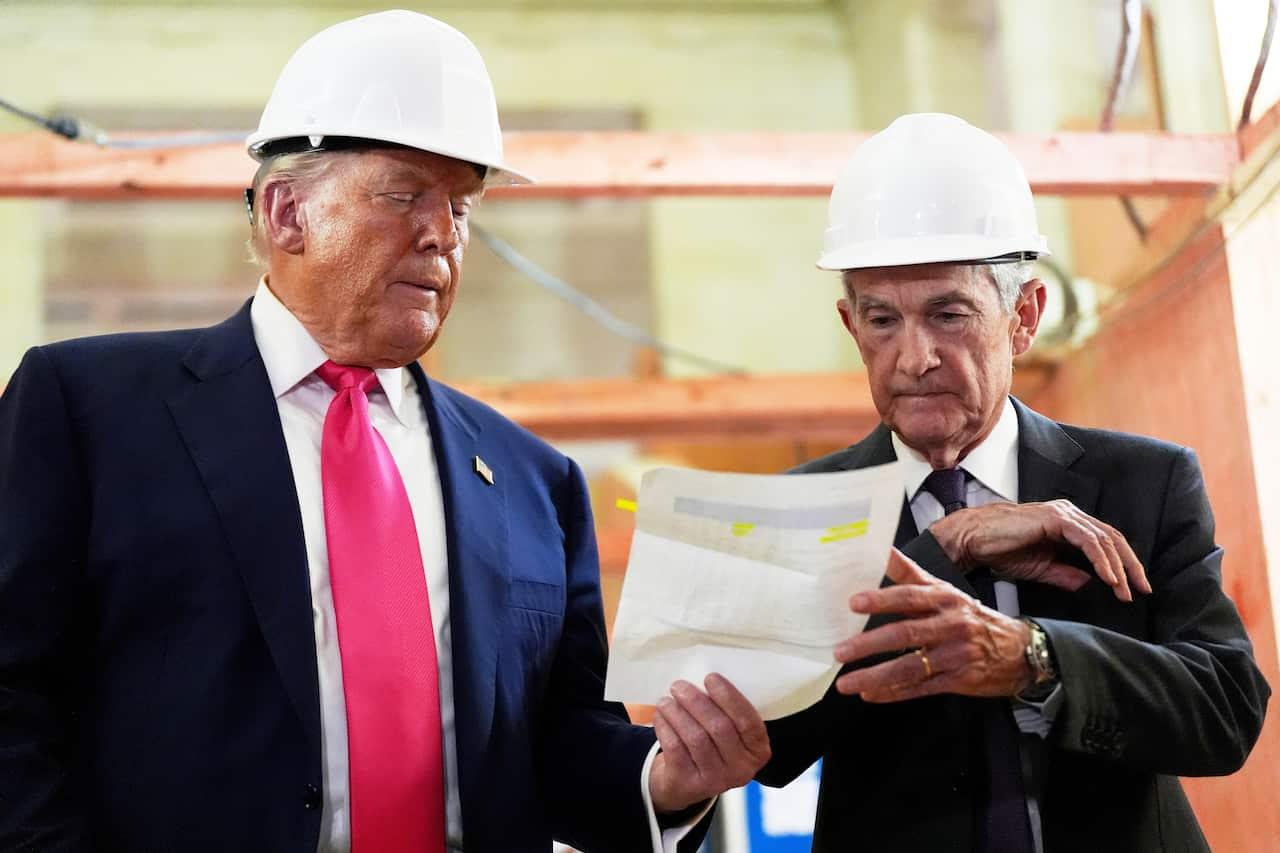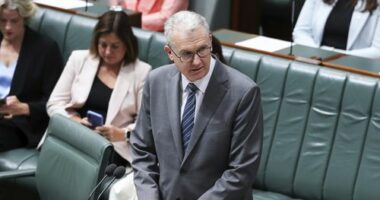Share this @internewscast.com
The leaders of 11 major central banks worldwide have issued a rare joint statement, expressing strong support for the Federal Reserve System and its Chair, Jerome H. Powell. “We stand in full solidarity with the Federal Reserve System and its Chair Jerome H. Powell,” they declared.
The statement emphasized the crucial role of central bank independence in maintaining price stability, financial security, and economic health, all for the benefit of the citizens they serve.
In contrast, former President Donald Trump commented on the current inflation rates, suggesting that the situation provides an opportunity for Powell to implement a significant rate cut. “We have very low inflation. That would give ‘too-late Powell’ the chance to give us a nice beautiful big rate cut,” Trump remarked.
Meanwhile, Jerome Powell, the head of the U.S. central bank, is facing a criminal investigation over alleged misuse of taxpayer money due to an escalating renovation budget. This investigation is part of a prolonged dispute involving Trump.

When asked if this investigation would impact the timing of appointing a new Federal Reserve chief, Trump responded, “No.” He further indicated that an announcement regarding his decision is expected “sometime in the next few weeks.”
Asked whether the probe of Powell affects the timing of appointing a new Fed chief, Trump said: “No.”
Asked when he expects to announce that decision, Trump said: “Sometime in the next few weeks.”
Fed bank members reassert independence
“I don’t expect that commitment to change, regardless of who is the chair.”











